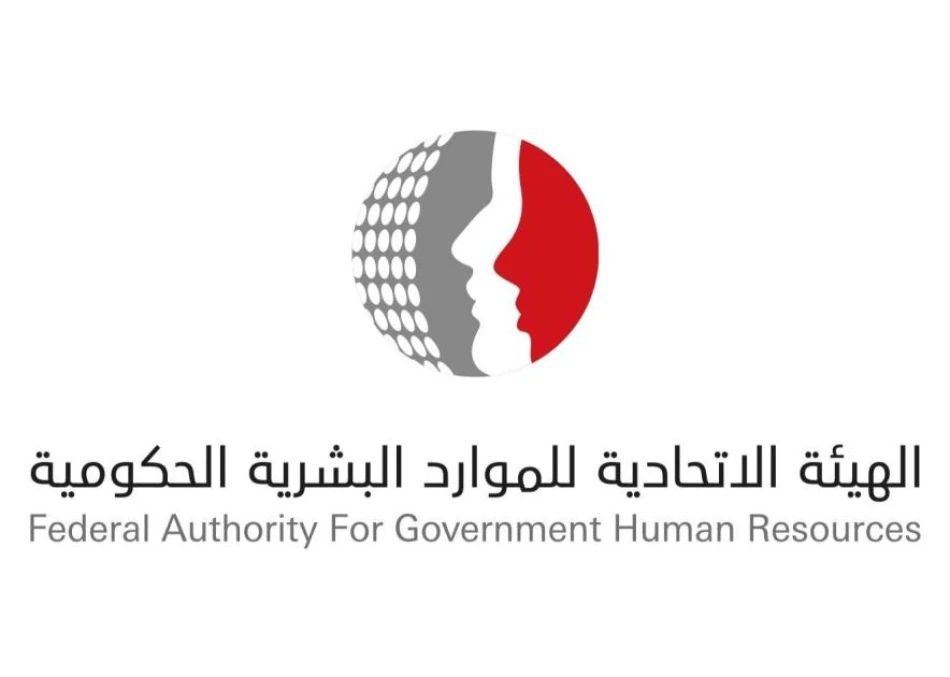
Flexible Work Hours for Government Employees During Back-to-School Season
UAE Federal Government Introduces Flexible Work Hours for Parents During School Season
The UAE Federal Authority for Government Human Resources has launched a comprehensive "Back to School" policy for the 2025-2026 academic year, granting federal employees up to three hours of flexible working time to support their children's educational needs. This Cabinet-approved initiative reflects the government's strategic approach to modernizing workplace culture while strengthening family support systems across the Emirates.
Policy Details and Employee Benefits
Under the new directive, federal government employees can adjust their arrival and departure times by up to three hours during the critical first days of the school year. This flexibility extends beyond traditional schools to include nurseries and kindergartens, recognizing the diverse educational landscape parents navigate.
The policy also grants short-term leave permissions of up to three hours for parents to attend parent-teacher meetings, school events, activities, and graduation ceremonies. These accommodations are designed to maintain operational efficiency while ensuring employees can fulfill their parental responsibilities without compromising work commitments.
Strategic Timing and Implementation
The timing of this announcement is particularly significant as the UAE continues to position itself as a global hub for talent attraction and retention. With the 2025-2026 academic year approaching, the policy addresses one of the most stressful periods for working parents—the back-to-school transition that requires intensive daily coordination and presence at educational activities.
Broader Implications for Workforce Development
This initiative represents more than administrative convenience; it signals the UAE's commitment to evolving workplace standards in line with international best practices. The policy acknowledges that effective parent-school partnerships are fundamental to educational success, positioning the government as a facilitator rather than an obstacle to family engagement.
The Authority emphasized that this flexibility framework aims to boost employee morale while increasing workplace productivity—a dual benefit that modern HR research consistently supports. By reducing the stress of managing competing professional and family obligations, the policy likely enhances job satisfaction and reduces turnover among federal workers.
Regional Context and Competitive Advantage
The UAE's proactive approach to work-life balance policies distinguishes it from regional competitors and aligns with global trends toward flexible working arrangements. This move comes as Gulf nations increasingly compete for international talent, making family-friendly policies a crucial differentiator in attracting and retaining skilled professionals.
Implementation and Future Outlook
The Federal Authority has committed to coordinating with various ministries and federal entities to ensure optimal policy implementation, utilizing official channels and electronic services to provide necessary employee support. This systematic approach suggests the government views this initiative as a pilot for potentially broader workplace flexibility reforms.
The policy's success will likely influence similar initiatives across the UAE's private sector, as companies seek to match government benefits to remain competitive in the talent market. The emphasis on maintaining operational efficiency while accommodating family needs sets a pragmatic precedent for sustainable workplace flexibility.
Most Viewed News

 Omar Rahman
Omar Rahman






